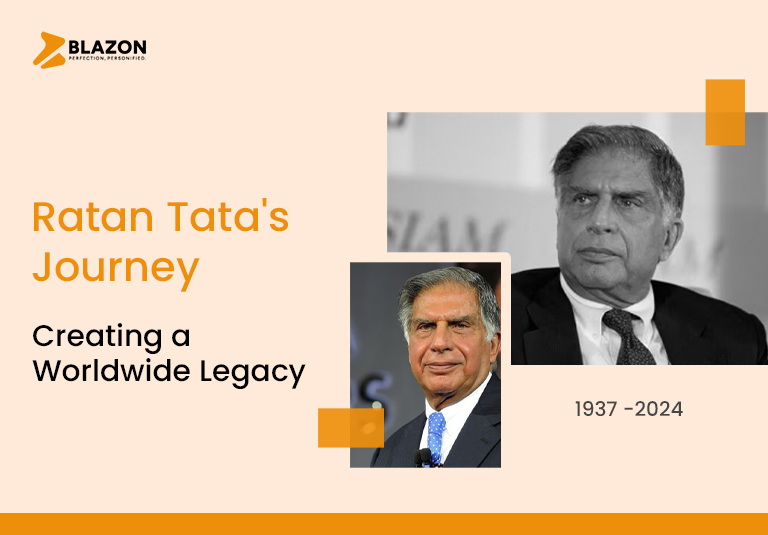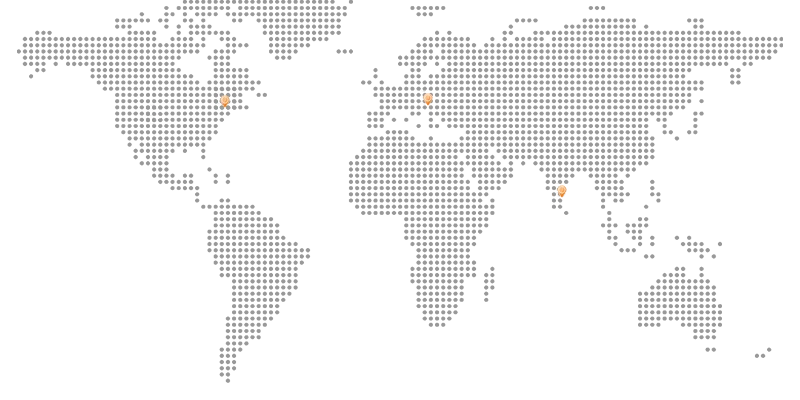“I don’t believe in taking right decisions. I take decisions and then make them right.”
For decades, Ratan Tata has been an iconic man in the Indian industry, his name being linked with honesty, creativity, and charity. Under his direction, the Tata Group expanded internationally from a primarily domestic company.
Ratan Tata’s path is a tale of vision, determination, and dedication to society, from significant economic decisions to profound philanthropy.
Early Years and Learning Path
Ratan Naval Tata was born on December 28, 1937, in Bombay and belongs to the esteemed Tata family. He is the great-grandson of Jamsetji Tata, the man who founded the Tata Group.
He attended John Connon School and Campion School in Bombay for his early education. In 1975 he enrolled at Harvard Business School in an advanced management program.
Professional Journey
In 1962, he started working on the shop floor at Tata Sons. He gained useful experience in the family business as a result.
He became the chairman of Tata Sons in 1991. His ability to lead was called into question. Through modernizing the business, branching out into new industries, and making audacious acquisitions, he swiftly answered such questions.
The group acquired the Anglo-Dutch steelmaker Corus in 2007 for $13 billion, making it the largest acquisition of a foreign company by an Indian corporation at the time, and the British tea manufacturer Tetley in 2000 for $432 million. The group’s global reach was further enhanced in 2008 when it made an offer of $2.3 billion to acquire popular British automakers Jaguar and Land Rover.
TCS, a leading global IT company, rose to prominence under his direction. Though he retired in 2012, he continued to be involved in philanthropy and Tata Trusts, making a substantial impact on social development, healthcare, and education.
Legacy of Philanthropy
The real legacy of Ratan Tata is his philanthropy; it transcends business. Tata Sons’ profits are directed toward social development projects because charitable trusts own a sizable share of the company.
Under his direction, the Tata Trusts funded a range of initiatives, such as art, healthcare, education, and rural development.
The Tata Medical Center in Kolkata, which offers top-notch cancer care at reasonable costs, was one of the most notable charitable endeavors. His noteworthy contributions to education, disaster assistance, and animal care have also been made.
By providing support to multiple businesses and young entrepreneurs, he has helped to promote innovation and entrepreneurship in India.
The Final Footprint of Ratan Tata
India lost it’s Visionary Business Leader ‘Ratan’, the visionary industrialist Ratan Tata, on Wednesday, October 9. Because of his age and other medical issues, he was undergoing normal medical investigations.
Ratan Tata left a significant legacy of philanthropy, ethical leadership, and invention. Even in his death, he left an impressive record of moral principles, highlighting the significance of business social responsibility, honesty, and compassion.


